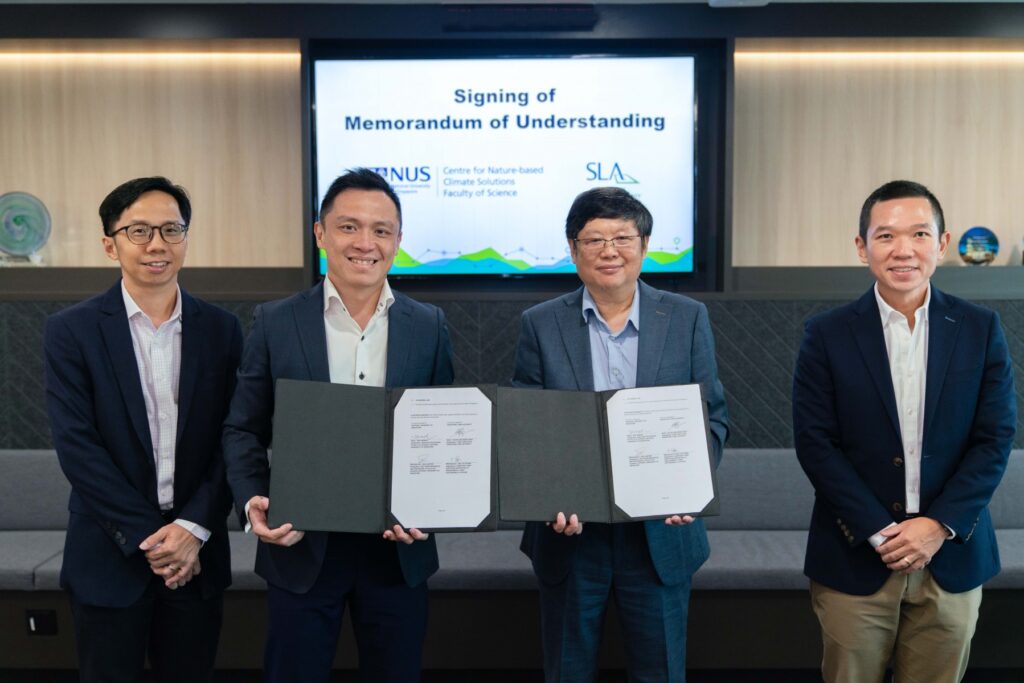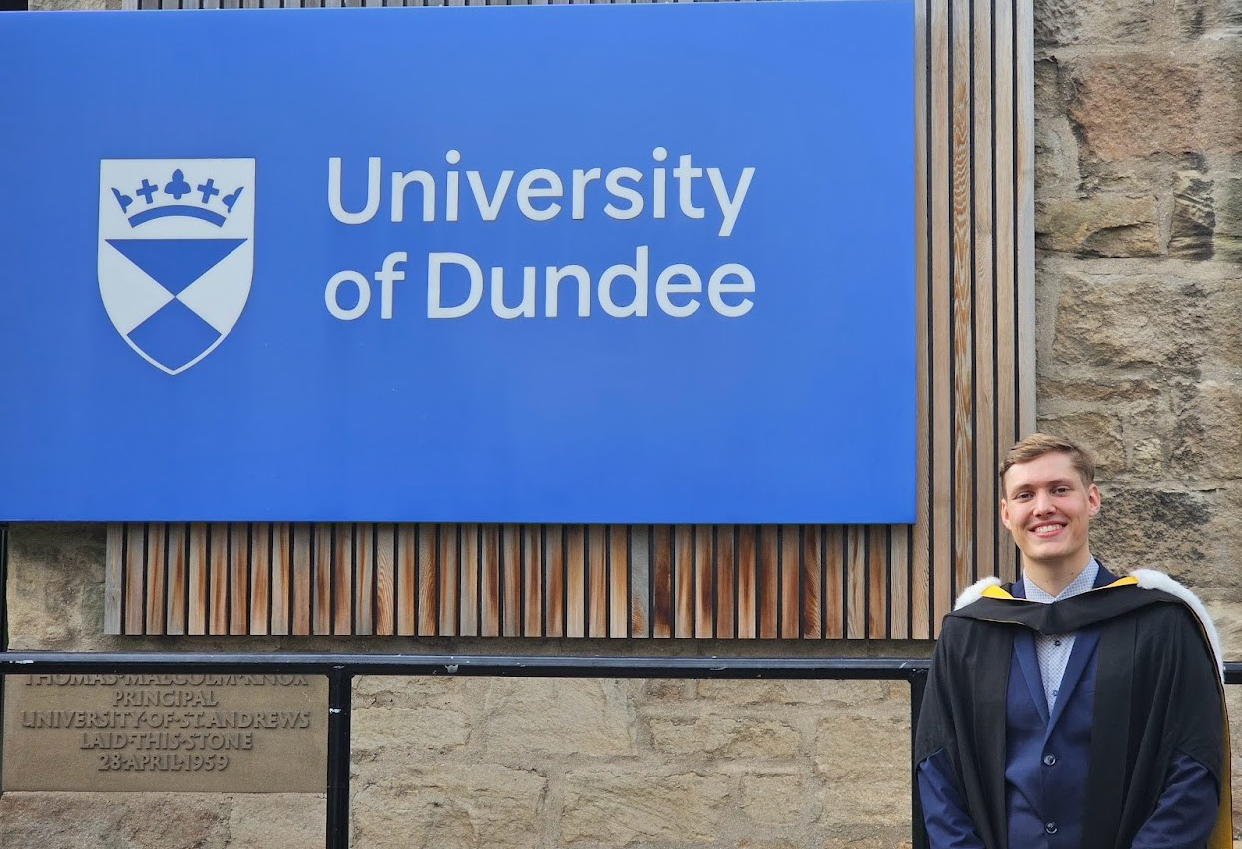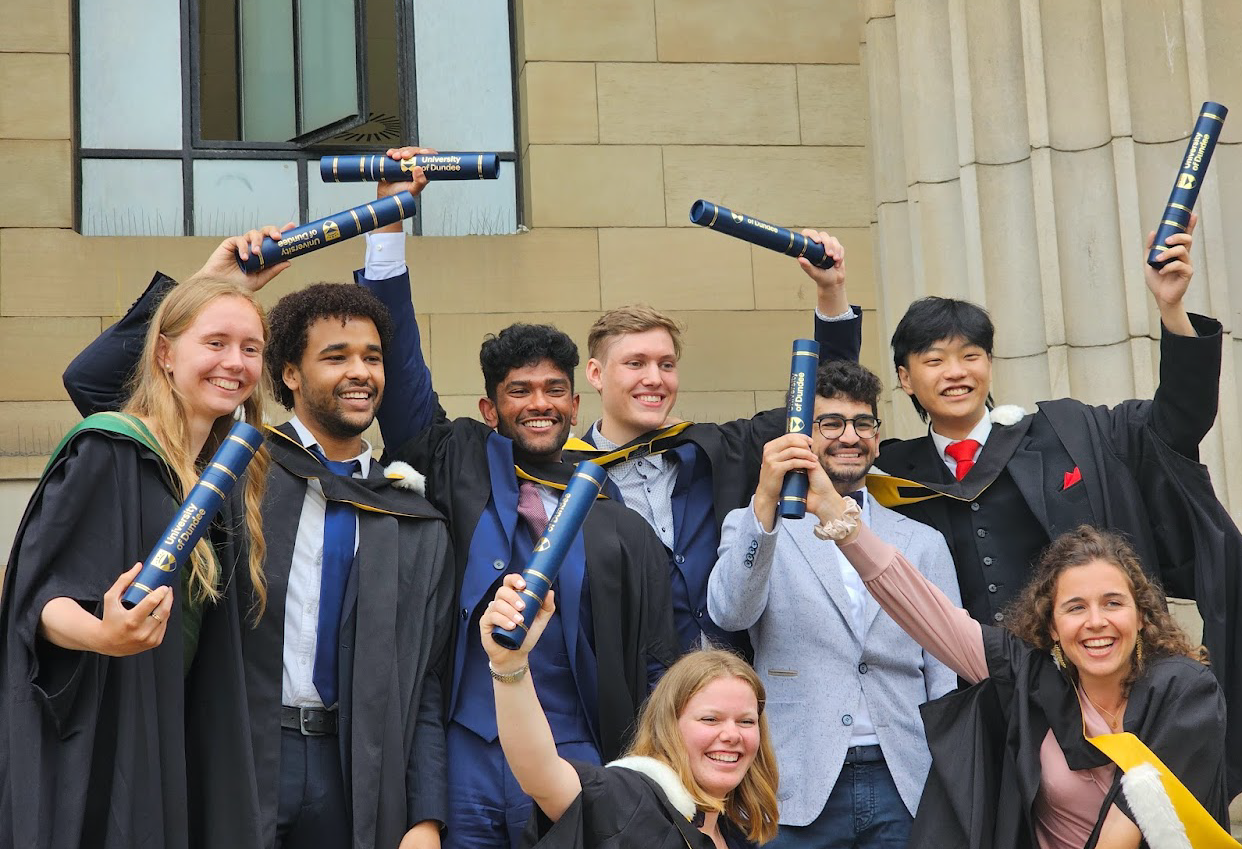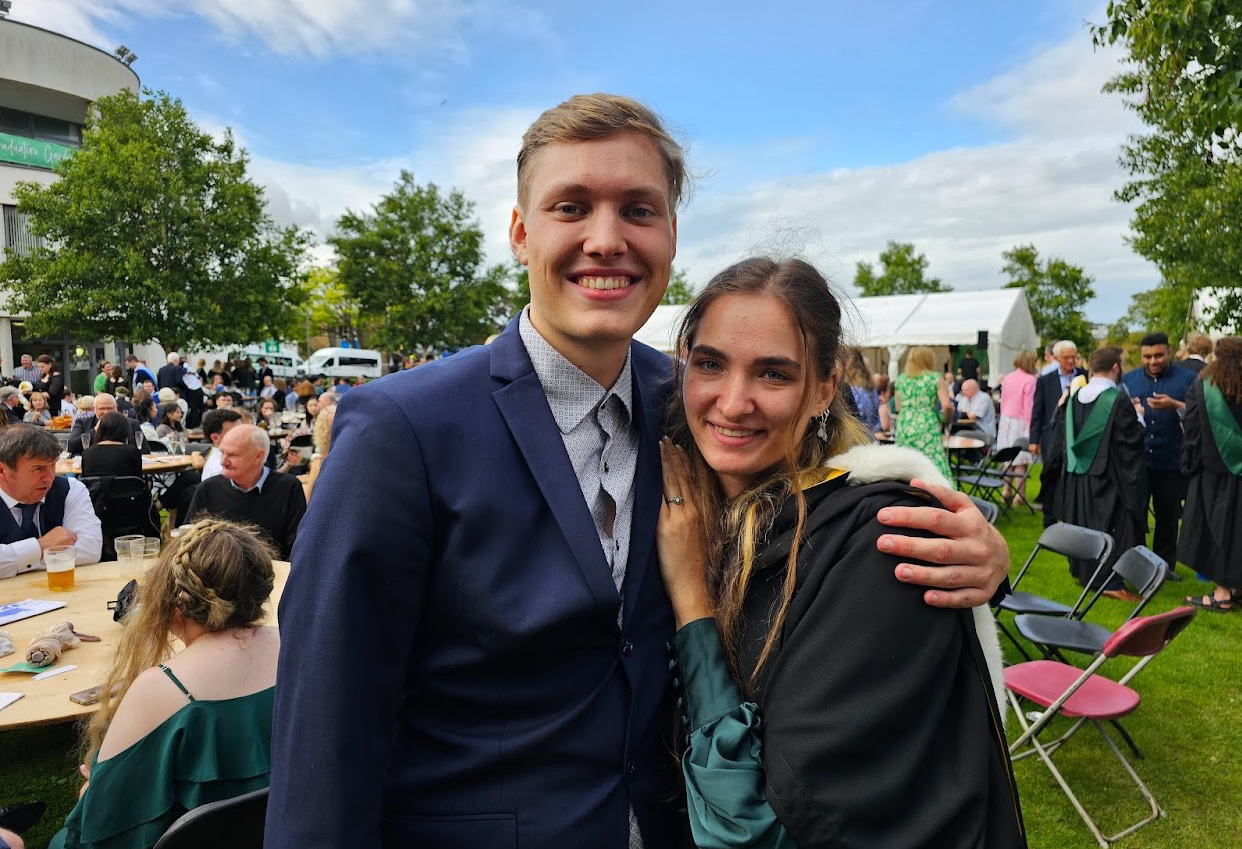Year in Review

The year in review saw the launch of new undergraduate and postgraduate educational programmes, new decarbonisation research initiatives and the opening of several key facilities.
Undergraduate
Education
The College of Humanities and Sciences (CHS) continues to attract strong numbers of good applicants, with improvements in acceptance rates for both total offers and first choice offers. We continued to roll out new interdisciplinary courses (IDCs) to provide a higher level of exposure to interdisciplinarity.
In the upcoming Academic Year, we will also be launching a new Minor in Botany and Specialisation in Food Science and Technology Industrial Applications.



In the upcoming Academic Year, 143 Year 1 Pharmacy students will read a new interdisciplinary Common Curriculum under NUS’ enhanced healthcare professional education which supports Singapore’s Healthier SG vision, a new national initiative focusing on integrated and preventive care. The curriculum strengthens interprofessional collaboration across the four healthcare disciplines – dentistry, medicine, nursing and pharmacy – to prepare students for population healthcare planning, delivery and evaluation.
Postgraduate
Education

We will be launching a Master of Pharmacy (Clinical Pharmacy) programme, which provides learners more flexibility and diverse pathways towards advanced generalist and specialist pharmacy practice.

Our Master of Science (MSc) by Coursework programmes admitted over 1,000 applicants, while over 1,900 participants attended 110 Continuing Education and Training (CET) short courses. We plan to offer more CET courses, especially to support growth in the digital and green sectors.




For example, the inaugural Sustainability 101 Course for Policy Officers, which was launched by NUS’ Centre for Nature-based Climate Solutions (CNCS) in 2022, is the first executive training programme in Singapore to cover all aspects of sustainability.

Pioneer Cohort
of Graduates
The first cohort of University of Dundee (UoD) undergraduates from the Joint Degree Programme (JDP) in Life Sciences offered by NUS Science and UoD, and students of the full-time Master of Science (MSc) in Pharmaceutical Science and Technology programme, graduated this year. The JDP provides graduates foremost training in life sciences while the MSc prepares graduates to work in the pharmaceutical / biopharmaceutical industries.
Research

In October 2022, the Faculty signed a Memorandum of Understanding (MOU) with the Singapore Land Authority (SLA) to use geospatial data and technologies for carbon estimation research of Singapore’s nature reserves and other ecosystems conducted by NUS’ Centre for Nature-based Climate Solutions (CNCS).

CNCS also launched a new $15 million research project, the Carbon Market Integrity Research and Development Programme Singapore (Carbon Integrity SG), in November 2022. This project supports the establishment and monitoring of high-quality nature-based carbon projects across Southeast Asia.
Benefactions


World leader in bird conservation, Birdlife International, gifted over $100,000 towards advancing wetlands research through a project on scaling up the East Asian-Australasian Flyway.
Events
Our Open Mic event, the first of its kind in NUS, encourages our students to showcase their musical flair through busking and performances to live audiences at the Faculty’s premises.

Our scientists and young entrepreneurs showcased interactive displays on urban farming, alternative meat, personalised medicine with three-dimensional (3D) printing and quantum technologies, to name a few, at the first Innovation Hub held in conjunction with the Faculty’s Open House in May 2023.
The Lee Kong Chian Natural History Museum celebrated its 8th anniversary on 18 April 2023. The event commemorated key achievements, new frontiers of collaboration, digitisation and biodiversity histories. Three new initiatives were launched – a new book, a new gallery video and a new application (app) A Digital Naturalist (LKCNHM*).
New Facilities
The new Medicine-Science Library, merging two of the oldest academic libraries in Singapore, was launched on 1 August 2023 by NUS President Prof TAN Eng Chye. It offers new study pods, technology-enabled spaces and venues for collaborative discussion. At the launch, we also unveiled our mural wall, which visually depicts the diverse learning opportunities available to Science students.
We also opened a new CET Learning Hub, which provides dedicated facilities for adult learning and engagement. This supports the university’s overall efforts to promote lifelong learning.



